Home prices have been skyrocketing recently. Have you been wondering why?
The recent rise in home prices results from several factors, including inflation, supply chain issues, and material and workforce shortages. Many of these factors were amplified by the effects of the COVID-19 pandemic.
We explain more in this guide, which contains the reason for these price increases and tips to help you get a great deal on a home, no matter the state of the housing market.
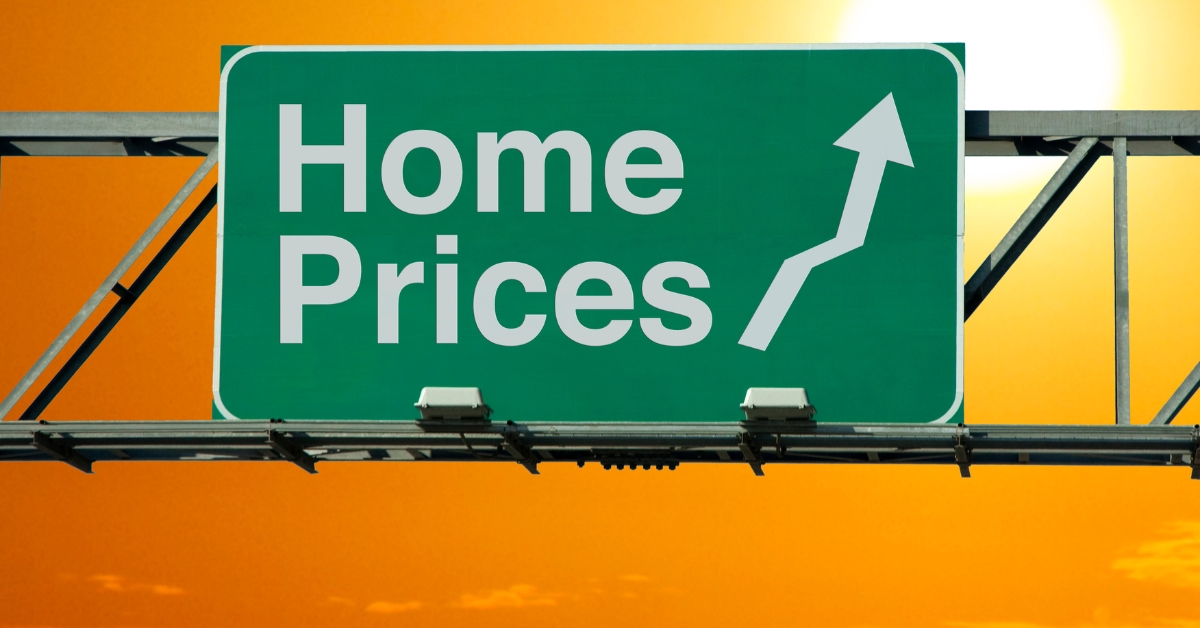
Why are Houses so Expensive?
Rising home prices over time are part of capitalism and a healthy economy. However, all across the country, home prices have recently risen at an alarming rate. Even in states like Texas that have historically had lower home prices than the rest of the country, home prices have risen higher than ever. Here are some reasons the home prices are so high right now.
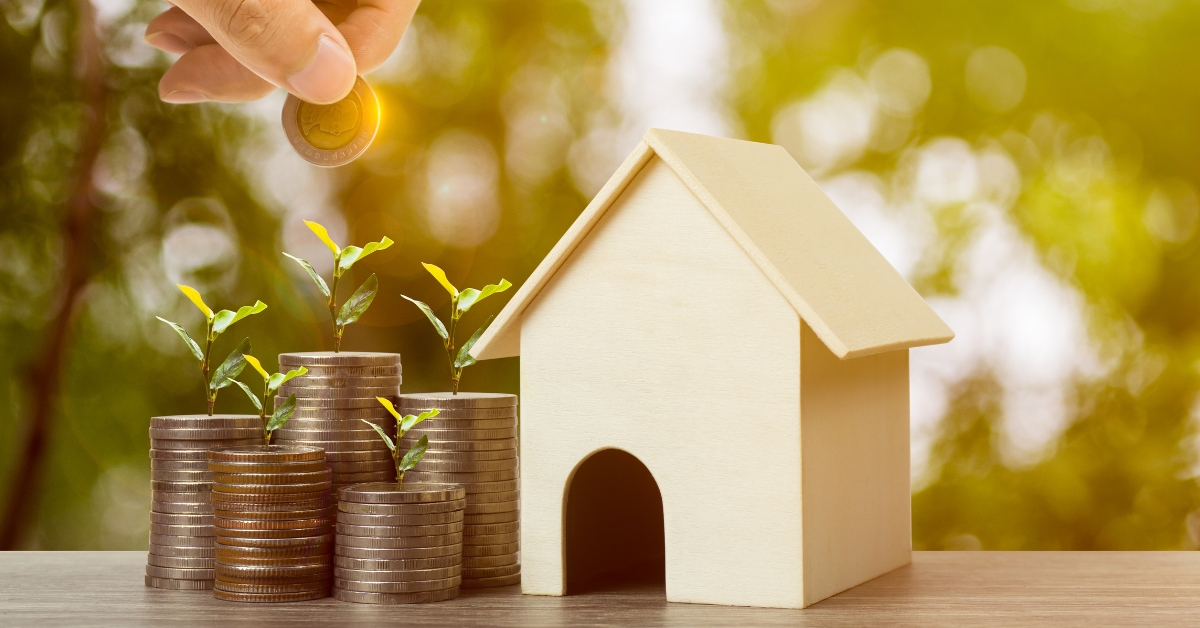
1. Higher Prices for Materials
Material prices rose during the pandemic due to manufacturing delays. With so many people out of work and many companies closing their doors for a month or more, there have been delays for nearly every building supply needed to build a home.
2. Shipping and Supply Chain Issues
There were shipping delays for months in 2020 and 2021. When it takes longer to get materials, it takes longer to construct new homes. The prices increase with more people buying homes and fewer homes on the market.
3. Workforce Shortages
Workforce shortages have not just been going on since the pandemic. Fewer people are doing construction and building jobs, so it takes longer to build homes, raising prices.
These issues do not just affect the cost of new homes. Fewer plumbers, service professionals, electricians, and general contractors mean it costs more to do remodels and repairs which also increases home prices.
4. People Moving During the Pandemic
During the COVID-19 pandemic, many people moved. Employees who once had to go into an office could work remotely and had the option to move further away from their jobs in the city. Many people who could afford a property bought larger homes because they spent more time at home.
5. Inflation
The above factors fueled housing inflation. Inflation is a natural occurrence and sometimes a sign of a good economy. However, it can skyrocket when fewer people are working, and there are supply chain issues, higher material prices, and manufacturing companies that have halted production.
6. Higher Taxes
When taxes are higher, it increases mortgage costs if the lender requires you to escrow for taxes. Even if your lender does not make you escrow, the higher tax prices increase housing-related expenses, which raises the cost of leasing a home.
How Much Have Home Prices Risen?
In the 12 months preceding September 2021, the United States had the highest housing inflation in history at 18.6 percent. Over the past decade, home prices in Texas increased nearly 100 percent.
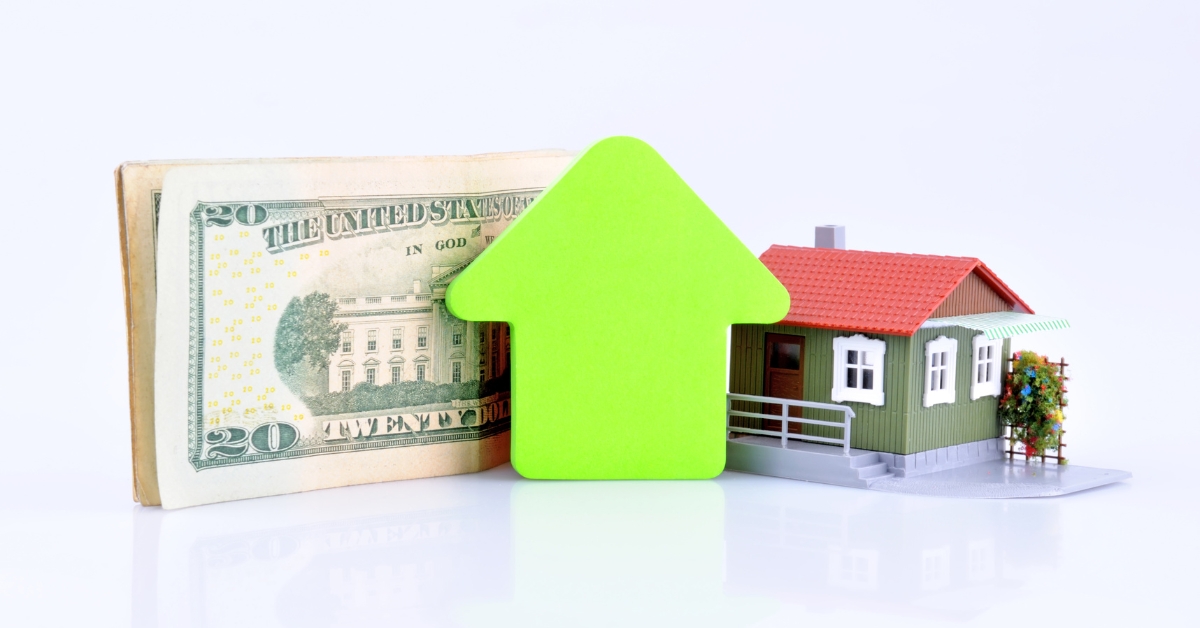
A house that cost $100,000 in 1999 is now $200,000 or more. Cities across the country had thousands of homes in inventory in 2008. Some inner-city neighborhoods had homes that were less than $20,000. Those same homes are worth ten times that today.
How Can You Find Out How Much a Home Value Increased?
Most cities have an appraisal district responsible for completing home valuations for tax purposes. The home prices for the past five to ten years are typically available on their website. Checking the appraisal district is a good idea if you want to know how home prices are trending.
What is Wrong with Rising Home Prices?
Rising home prices are good if you are a homeowner. However, as a buyer or renter, rising prices can strain your wallet or even make it hard to find a home you can afford.
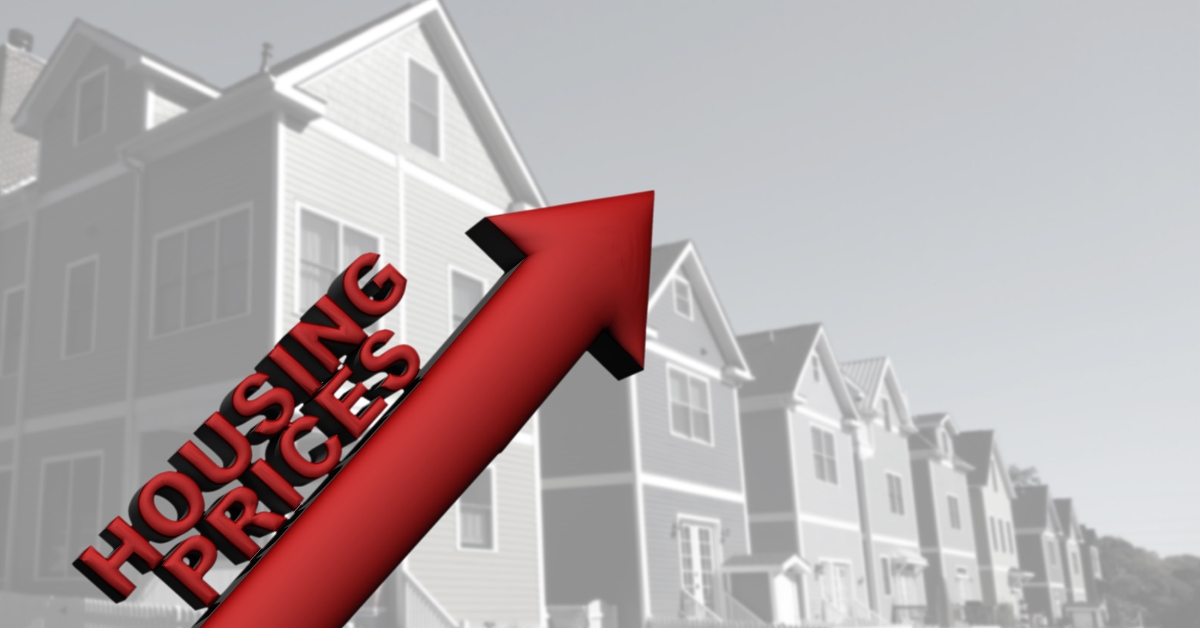
When home prices rise too quickly, it does not give the rest of the economy a chance to catch up. If home prices are high but fewer people can afford homes, the new construction of properties slows, creating fewer jobs.
Each economic sector affects the others, and housing inflation contributes to a higher consumer price index (CPI) for housing-related goods.
Higher Rental Costs
People who own their homes are typically in a better position when home prices increase if they have a fixed-rate mortgage, while renters are more heavily impacted because landlords can increase the rent when the tenant’s lease expires.
Tips for Saving on Housing When Prices are High
When housing prices are climbing, it can be stressful, especially if you cannot find a home within your budget. Here are a few tips to help:
1. Wait Until Prices Come Down
Home prices are fluid and constantly changing. So, when the housing market isn’t ideal for buying, waiting a bit can be a good idea. However, it is important to know what normal inflation is and what is being caused by temporary economic turmoil.
If the prices are naturally inflated, it is less likely they will fall significantly in the future, and waiting longer to purchase a home will only cost you more in the long run.
2. Buy a Home with Rental Space
If you are in a position to buy a property, you can capitalize on the higher housing prices by purchasing a home with a space that you can rent to a tenant. Many older homes have guest homes and mother-in-law suites that you can rent out for extra income.
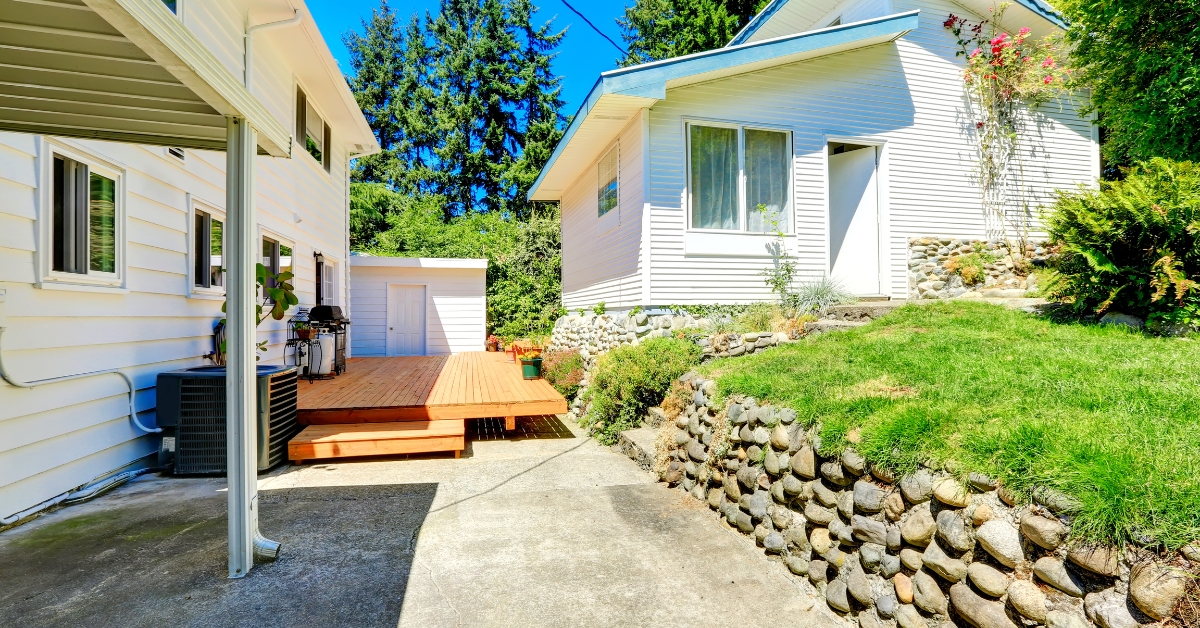
3. Sign a Longer Lease
If you are renting, signing a longer lease can help you control your housing cost for longer. Even if you are planning to buy a home, if the market is not ideal, it can be a better idea to continue renting for a while so you can see if the prices go down.
4. Put More Money Down
A larger down payment will help you avoid additional mortgage-related expenses like private mortgage insurance (PMI), which can add hundreds of dollars to your mortgage. PMI is required by lenders when your loan-to-value (LTV) is higher than 80 percent. So, to avoid paying PMI, you typically need to put at least 20 percent down. Following the 10/20 budget rule will help you save for your home ownership goal.
5. Buy in a Transitional Neighborhood
Buying in a neighborhood that has not been gentrified can help you avoid high costs. When investors start buying and fixing homes in a specific area, it fuels housing inflation. However, you may be able to buy a house in a neighboring subdivision for a fraction of the price if that area has not been revitalized.
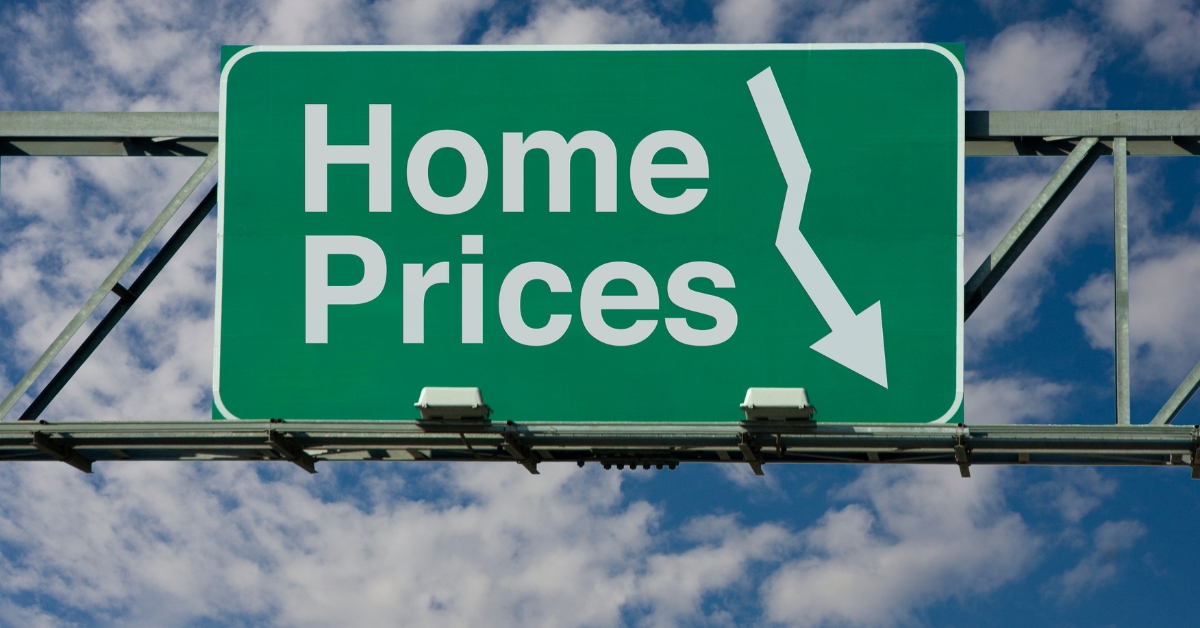
6. Purchase a Cash Home at an Auction
An unfortunate side effect of economic downturns and inflation is that some people cannot pay their mortgage or property taxes. That means more homes are available to buy at cash auctions, and they usually sell for less.
7. Refinance
If the interest rates were elevated when you purchased your home, it is always a good idea to check the current rates and refinance if there is more than a one-point change in the rates. Refinancing to save less than a percentage point on interest is not economical in the long run when you factor in refinancing fees. However, a one to two percent decrease in your mortgage rate can save you hundreds each month and thousands over the life of your loan.
Final Advice: Why Are Houses So Expensive?
Housing prices go up and down. However, houses almost always increase in value over time. So, waiting to buy a house because you are waiting for prices to come down is not always a good idea. Instead, it may be better to buy something in a transitional neighborhood where the prices have not yet increased at such high rates.
Due to rising home prices’ effect on the rest of the economy, it is a good idea to check on your investments and ensure that you are investing in more stable investments when the prices are high in that sector. Furthermore, if the economy causes fewer people to buy homes, the prices will fall, and when that happens, there may be excellent opportunities for wholesalers and investors. So, be on the lookout.
